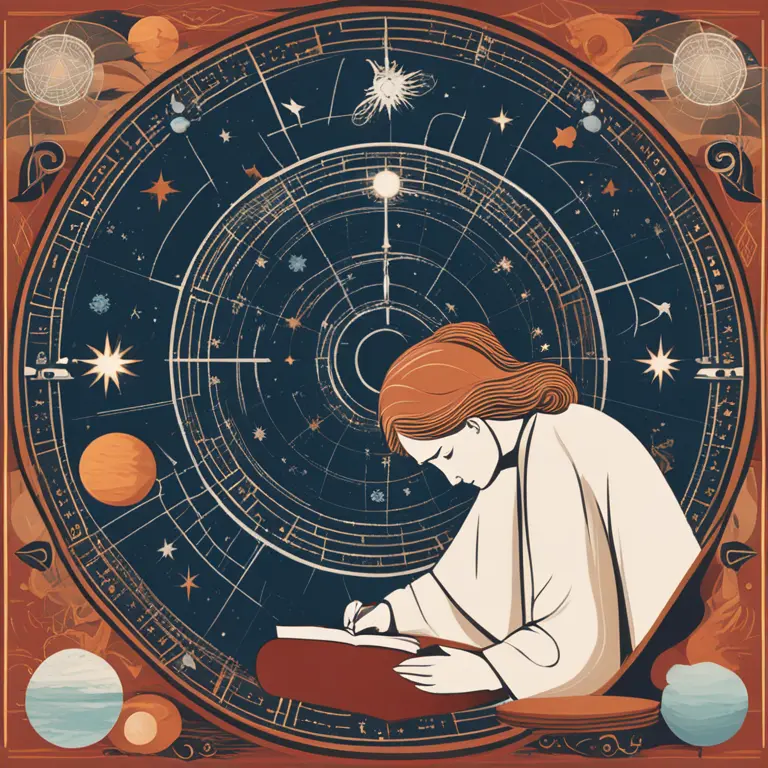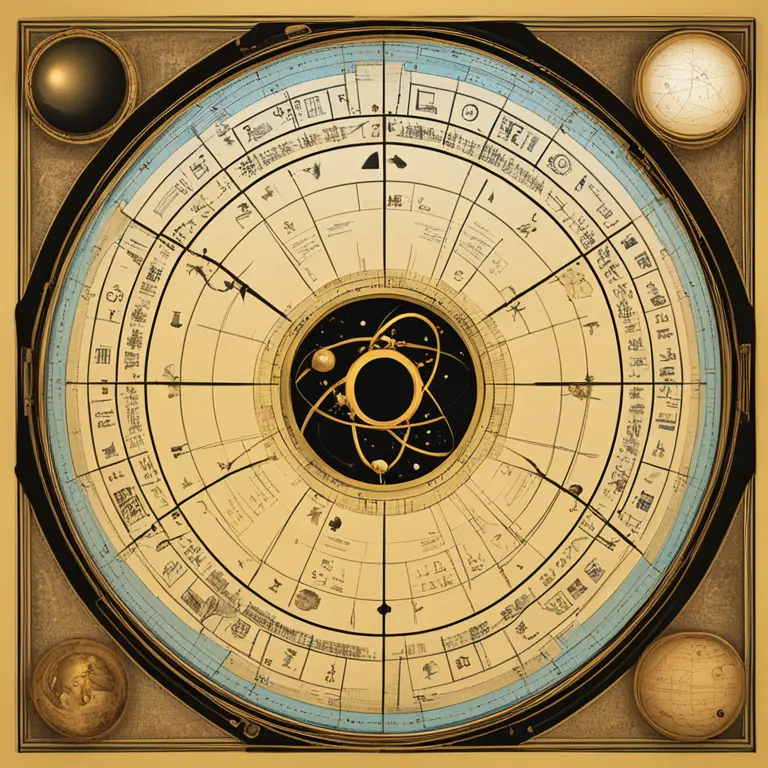
The Mirage of Astrology: A Critical Perspective
A rational examination of astrology highlighting its lack of empirical support and the reasons it's considered a pseudoscience by the scientific community.
article by Priya Deshmukh
Astrology's Lack of Scientific Backing
In the era when science continually advances our knowledge of the universe, astrology remains unchanged, rooted in beliefs that predate empirical methods. Despite its ancient origins and widespread popularity, astrology has not withstood the rigor of scientific testing. It posits that celestial bodies profoundly influence human lives, yet this assertion fails to align with established physical principles. Critics argue that astrology’s reliance on a geocentric model and the unfalsifiable nature of its predictions strips it of credibility. Moreover, the Forer effect explains why many individuals find horoscopes relatable: they are written vaguely enough to apply to a wide audience.

The Problem with Personalization
Astrology advocates often claim that horoscopes offer personalized insights. However, casting a chart for an individual based on birth details does not guarantee unique results. The Barnum effect describes how people identify with generic descriptions as if they were tailored to them individually. Researchers have shown that control groups presented with randomized horoscopes cannot consistently distinguish between their own signs and others, indicating a lack of specificity and personal relevance that genuine analysis would provide.

Confirmation Bias and Selective Memory
Human psychology is intricately involved in astrology’s perceived accuracy. Confirmation bias leads individuals to remember predictions that seem true while forgetting those that do not. Selective memory reinforces belief in astrology by recalling 'hits' and not 'misses.' Such cognitive biases cloud objectivity and contribute to the enduring appeal of horoscopes. Even when predictions are off the mark, many adherents attribute this to misinterpretation rather than inaccuracy, keeping the illusion intact.

Statistical Analysis and Astrology's Failure
When subjected to statistical analysis, astrology does not demonstrate reliability or validity. Numerous studies have attempted to find consistent links between astrological predictions and actual outcomes, invariably yielding negative or inconclusive results. Even when considering factors such as retrograde motion or planetary alignments, astrological readings fail to provide the predictive power they claim. No correlation has been found between a person's zodiac sign and their personality or destiny, rendering astrological categorizations practically baseless.

Cultural Impact and Commercialism
Astrology's endurance can largely be attributed to its cultural impact and the commercial industry it has spawned. Daily horoscopes are a staple in many publications, and astrological services have become a growing market, especially as digital platforms expand their reach. Nonetheless, the commodification of astrology does not equate to legitimacy. Critics argue this commercial aspect exploits people’s desire for understanding and control over their lives, offering false certainty in an uncertain world.
Education and Awareness
Efforts to increase public understanding of science could help counter the allure of astrology. Educational initiatives that foster critical thinking and an appreciation for the scientific method may lead to greater skepticism of unproven claims. By highlighting the differences between science and pseudoscience, these programs can empower individuals to make more informed decisions about the information they choose to believe and the guidance they follow.
Published: 2/13/2024
Modified: 2/13/2024
More predictions
Come back here soon to learn more about yourself and your future


Mastering Tarot Basics: A Beginner’s Guide
Embark on a journey into the art of tarot reading with our beginner’s guide, covering fundamental concepts and practical how-to steps.


The Tarot Card Deck: A Gateway to Mystical Insights
Discover the tarot deck's rich symbolism and its role in personal growth and foresight. An insightful guide to the power of tarot cards.


The Tarot Queen of Cups: A Sign of Compassion and Insight
Delve into the symbolism and significance of the Queen of Cups in Tarot, uncovering her nurturing essence and intuitive power in divination.